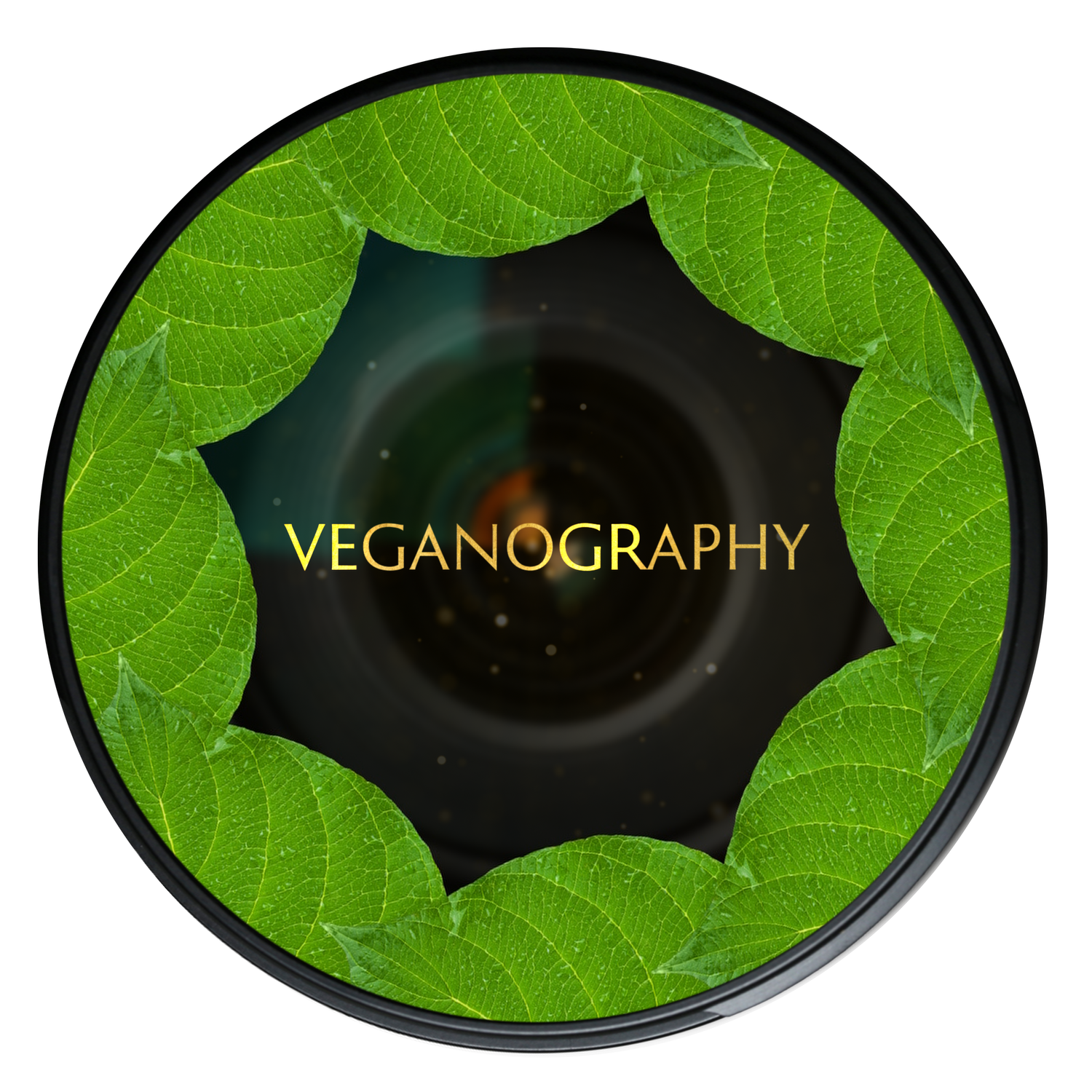How to Respond to: “Where do you get your protein?”
“Where do you get your protein?”
This question is the bane of every vegan’s existence!
But in order to be the most effective advocate, we need to know how to strategically respond to this question.
It’s important to understand the mindset of the person who is asking.
If someone asks you where you get your protein as a vegan, this actually reveals a lot about them.
First, they don’t know where protein comes from.
Second, they don’t understand Daily Recommended Value (DRV).
And third, they probably believe the “complete protein” myth.
So in your response, you must address those three issues in order to overcome doubts about the efficacy of a vegan diet.
Protein Comes from Plants
All protein on earth is originally made by plants.
Only plants have the ability to extract molecules from the soil and air and synthesize them into amino acids (protein).
Plants manufacture the protein, animals eat the plants and recycle the protein, and then humans eat the animals.
Animals are just the middleman.
It’s a lot more efficient from the biological and environmental perspectives to just go straight to the source of protein - plants.
The DRV of Protein is Shockingly Low and Easy to Achieve
The FDA recommends that we eat 50g of protein per day to maintain optimal health.
To put that in perspective, one block of tofu contains 33.5g of protein and only 300 calories.
So in one tiny snack, we can get 66% of our protein needs while consuming only 15% of our calorie needs (based on a 2,000 calorie per day diet).
Whole plant foods (whole grains, legumes, fruits, vegetables, nuts, and seeds) are much less calorie dense than animal foods.
Therefore, we can consume more food and less calories on a whole food plant based diet, making it easier to consume more protein while still staying within calorie and fat limits.
Consider this sample comparison of plant foods vs animal foods.
Matched calorie for calorie:
100g of lentils: 116 calories, 9g protein, 0.4g of fat
29g (just ONE ounce) of cheddar cheese: 117 calories, 6.6g of protein, 9.7g of fat
When matched calorie for calorie, we can eat 3.4 times more lentils by weight, while consuming 27% more protein and 96% less fat than the same amount of calories from cheddar cheese.
The Complete Protein Myth
I’m not sure how this myth got started, but it is pervasive. Even among vegans.
There are 9 essential amino acids that our bodies can not manufacture on their own, so we must consume them in our diet.
All plants have all 9 essential amino acids in varying proportions. Every single plant on earth is a complete protein.
Even iceberg lettuce and watermelon, which are respectively 96% and 90% water by weight, have all 9 essential amino acids.
It is true that some plants are higher in some amino acids and some plants are lower in some amino acids.
But as long as you eat enough calories, and eat a variety of plants, you will get all the essential amino acids you need.
It is interesting and kind of hilarious to note that 2,000 calories of watermelon contains 40.7g of protein and does a decent job of meeting all the essential amino acid requirements. Of course, you’d have to eat 14 lbs of watermelon!
Protein content of 2,000 calories of watermelon
Delivery of Information
When people ask you questions about veganism, it’s an opportunity to educate and advocate for a vegan lifestyle. Delivery matters.
Always be kind in your delivery. Deliver this information as if it’s the most interesting question you’ve ever received, and as if you’re ecstatic to talk about it!
That kind of lighthearted, enthusiastic energy will draw people in and make them want to listen to you. Giving them space to interject and react to what you say is also key. You don’t want it to feel like a lecture.
Example Conversation
“So you’re vegan…where do you get your protein?”
“That’s such a great question! So actually all protein on earth is originally made by plants.”
“Really?”
“Yes! Only plants have the ability to extract nutrients like nitrogen and carbon from the air and soil and synthesize them into amino acids. All protein originates in plants, animals are just the middleman. So when we eat plants, we’re actually going straight to the source of protein.”
“Huh. But aren’t plant proteins incomplete?”
“That’s also a really great question. All plants have all 9 essential amino acids. Even something like watermelon, which is 90% water by weight, has all 9 essential amino acids. And yes, some plants are higher or lower in certain amino acids, but as long as we eat enough calories from a variety of plants, we’ll get all the essential amino acids we need.”
“Wow, I never knew that.”
“Yeah, plants are pretty incredible. It’s also super easy to meet the DRV of protein from plants. The FDA recommends we consume 50g of protein per day, and one block of tofu contains 33.5g of protein and only 300 calories. So you actually get to eat a lot of food on a vegan diet.”
“Wow, I’d love to be able to eat more food.”
And on and on…
Rules of Thumb
Understand the mindset of the person who is asking the question about veganism
Craft a response that answers the spoken question, as well as the UNspoken questions
Always be kind and enthusiastic with your words and demeanor

